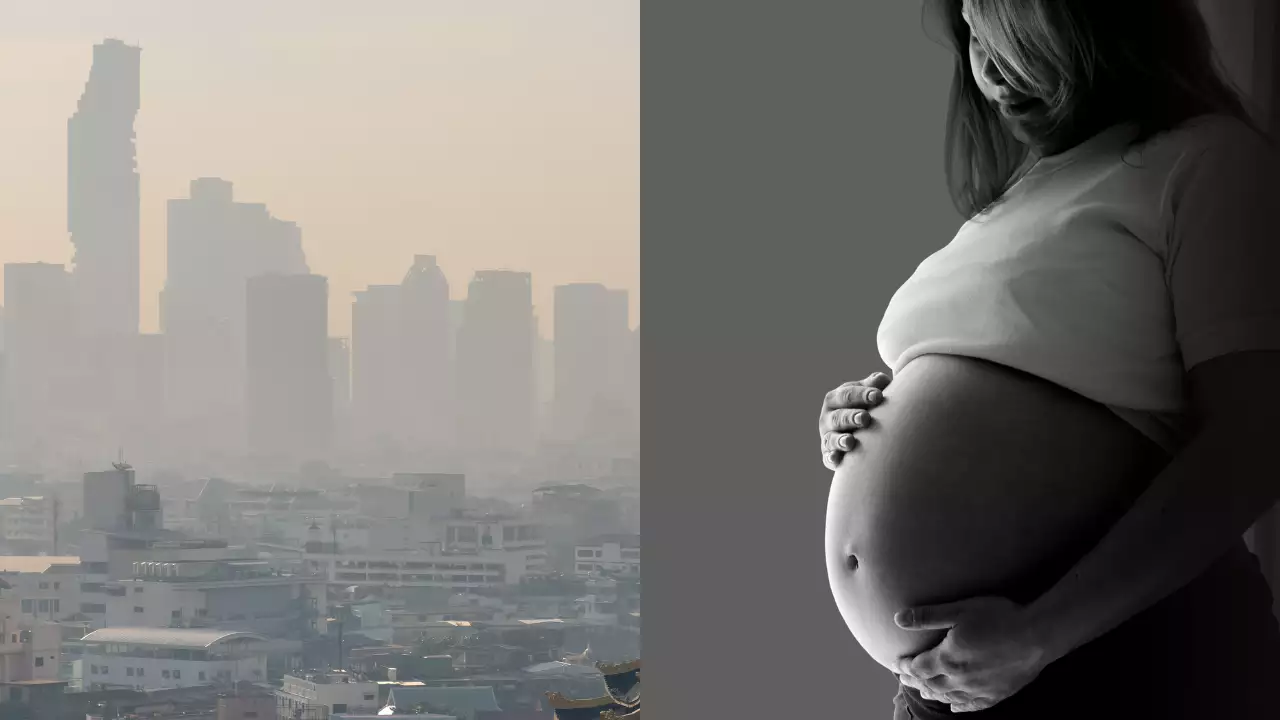Pollution remains an under-prioritised issue, posing significant health risks to expectant mothers and children. It is not just a general health hazard but a threat with long-term consequences for vulnerable groups. Exposure to pollution during pregnancy can weaken a woman’s immune system, leading to complications such as low birth weight and developmental issues in babies. Tiny particles like PM2.5, carbon monoxide, and nitrogen dioxide can be absorbed by the foetus, worsening existing conditions or triggering new ones.
Polluted water is another pressing concern. Contaminants such as nitrates and heavy metals heighten the risk of miscarriage and impede healthy foetal growth. Additionally, noise pollution, often overlooked, can trigger stress and hormonal imbalances in pregnant women, exacerbating complications during pregnancy.
Children are equally at risk. With underdeveloped immune systems and immature organs, they are more vulnerable to respiratory issues and nutrient deficiencies caused by polluted air and water. Addressing pollution in its many forms is essential not only for safeguarding mothers and their offspring but also for ensuring a healthier society for future generations. To know more, we speak with Dr Priya Gupta, Obstetrics & Gynecology, Senior Consultant, Cocoon Hospital, Jaipur.
Impact on Young Children
“Pollution is detrimental for young children because their bone marrow system is less developed, and their lungs have not fully matured as well. Young children are at risk of developing respiratory complaints, including asthma and peptic infections, due to airborne pollutants,” Dr. Gupta says, adding that if children have no proper source of drinking water, they are at risk of developing gastroenteritis as well as a deficiency in nutrients.
Children who are exposed to excessive noise for an extended period may have difficulty in learning due to the harmful impact it has on their brain development and mental health.
Dos and Don’ts for Pregnant Women and Young Children, According to Dr. Gupta:
Dos:
1. Air Quality Control: Stay indoors when the pollution is high and utilise air filters.
2. Hydration: Have adequate clean potable water on hand.
3. Nutritious Diet: Consuming food that is rich in vitamins C and E, as this helps with oxidative stress caused by pollutants.
4. Protective Measures: Always wear N95 masks when going outside.
5. Hygiene: Regularly clean your house to minimise indoor pollution.
Don'ts:
1. Avoid Crowded Areas: Cease any activity in busy or industrialised areas.
2. Refrain from Using Harsh Chemicals: Use natural and organic products for cleaning.
3. No Burning Fuels Indoors: Stoves that burn kerosene or wood should be avoided as they pollute the air.
4. Limit Outdoor Activities: Working out in places with excessive smog should be avoided.
Get Latest News Live on Times Now along with Breaking News and Top Headlines from Health and around the world.


